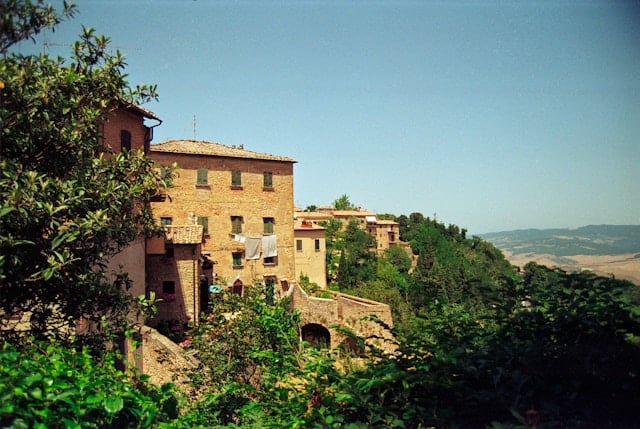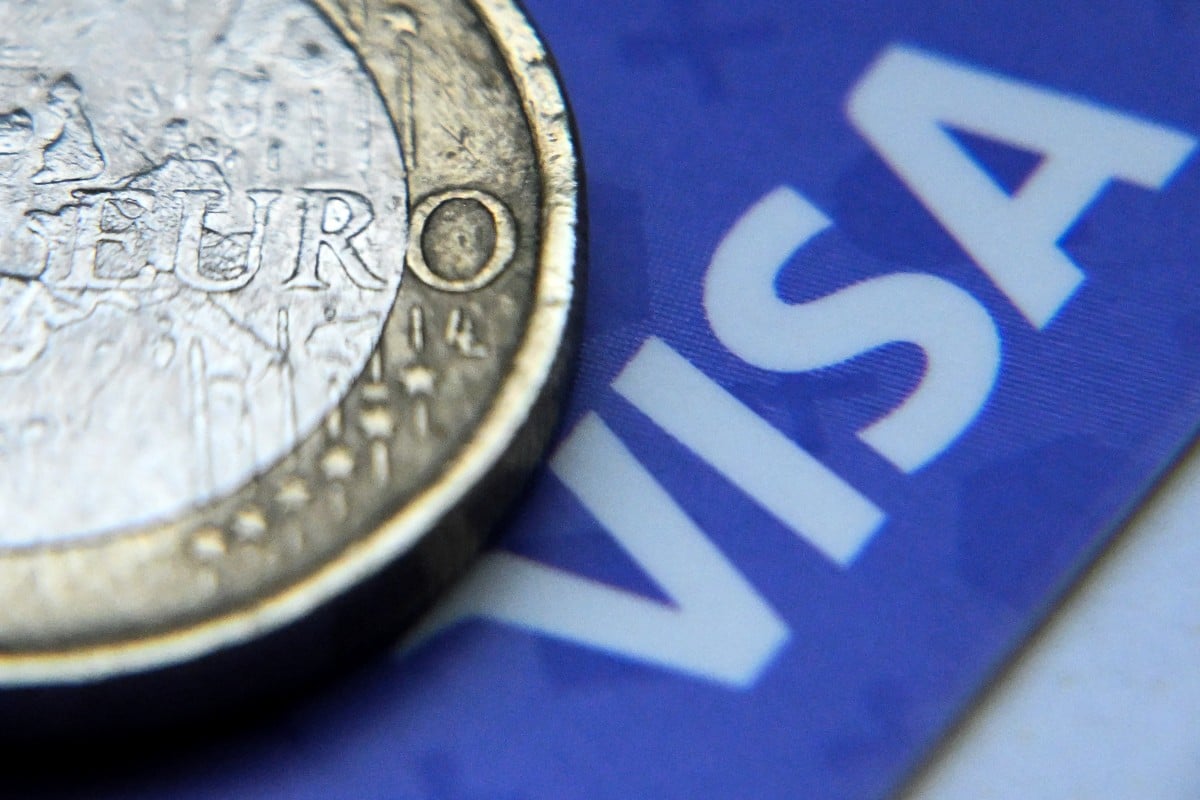A sprawling luxury property near the Italian city of Verona — home to Shakespeare's star-crossed lovers Romeo and Juliet — was put up for auction on Thursday on Taobao, the flagship site of Chinese e-commerce giant Alibaba.
Photographs showed a pale two-storey building with a red tile roof amid grounds featuring manicured lawns and neatly trimmed hedges dotted with statues surrounding a fountain. Inside, a well-stocked library was pictured, dominated by a large table.
The seller, a Beijing-based immigration firm called Cansine, started bidding at 100 million yuan ($16.4 million) but said the property was worth 173.25 million yuan.
The villa has a floor area of 2,831 square metres (30,500 square feet), it added, claiming the buyer would be able to apply for residency in Italy.
But the dream property will remain just that, it seems.
After the 12-hour sale period was up, no one had snapped up the villa, despite tens of thousands of views by curious users.
“Not a single bid so far, real rich people won't come here. This is just a stunt,” said one during the auction.
Alibaba's Taobao is estimated to hold more than 90 percent of the consumer-to-consumer market in China. Under its rules, the seller is responsible for the authenticity of the item description and supporting documentation.
Cansine could not be immediately reached for comment.




 Please whitelist us to continue reading.
Please whitelist us to continue reading.
Member comments